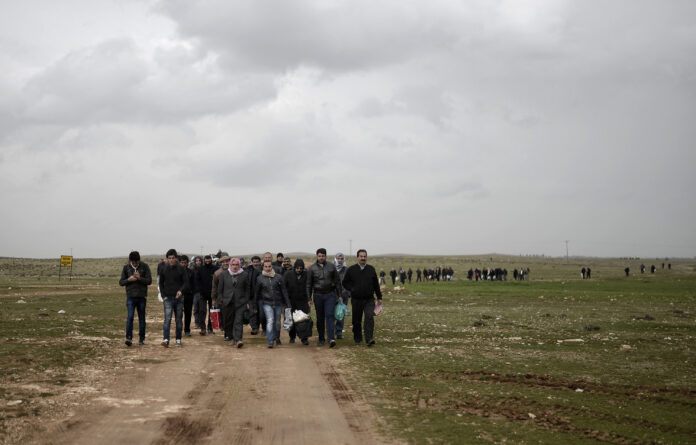BY Dr Suha Khalifeh,
Family Medicine Consultant
The healthcare system in conflict zones often grapples with overwhelming challenges. Following the recent escalation of the situation in Gaza, nearly a million individuals were forced to abandon their homes in the north.
As utilities, such as electricity and water, were suspended, a grave violation of international humanitarian laws emerged. This has culminated in a harrowing humanitarian crisis, placing the healthcare system under unprecedented stress—a stress that may very well push the system to its breaking point, amplifying human suffering.
A public health catastrophe
he people of Gaza are enduring a multitude of adversities: Relentless bombings, food scarcity and life-threatening medical complications stemming from essential drug and health care service shortages. The deliberate targeting of medical facilities prevents them from providing even the most basic health care. Coupled with a dearth of clean water, fuel and electricity, there’s an imminent public health catastrophe in the making, underscoring the urgent need for humanitarian aid
Diabetes
Vulnerable populations in Gaza, such as the elderly with chronic ailments, children and pregnant women, face exacerbated health risks. For instance, children with type 1 diabetes, reliant on insulin, will find their health jeopardised by electricity shortages critical for insulin preservation. Their displacement only accentuates the risk of further health deterioration.
Prenatal care and infants
Pregnant women, now deprived of prenatal care, grapple with immense physical and emotional distress. The unavailability of obstetric services compels many to give birth in unsanitary conditions, elevating the risk of complications and maternal and neonatal fatalities.
Infants face heightened risks, with the shortage of milk substitutes and clean water, possibly leading to malnutrition and dehydration; particularly those who’ve tragically lost their mothers or whose mothers have sustained injuries and can’t breastfeed.
Infectious diseases
Article 51 of international humanitarian law prohibits the destruction or diversion of water for military objectives. However, water access in Gaza has been curtailed, and the destruction of the water infrastructure poses severe public health threats. The densely populated region of Gaza is further strained by the influx of displaced individuals from the north. The lack of clean water, coupled with the challenges of maintaining hygiene, augments the risk of infectious diseases, notably in malnourished individuals.
Psychological ramifications
Beyond the immediate health concerns, the psychological ramifications of this conflict are profound. The trauma inflicted is likely to manifest in chronic stress, anxiety, post-traumatic stress disorder (PTSD), and a general decline in mental well-being.
Years of recurring conflicts and economic downturns have left Gaza’s resources threadbare. The recent genocide only exacerbates the hardships endured by its inhabitants. There’s an exigent need for concerted efforts to secure access to medical care, clean water and essential supplies to alleviate the health repercussions stemming from the ongoing crisis.
You can contact Dr Suha at [email protected]






